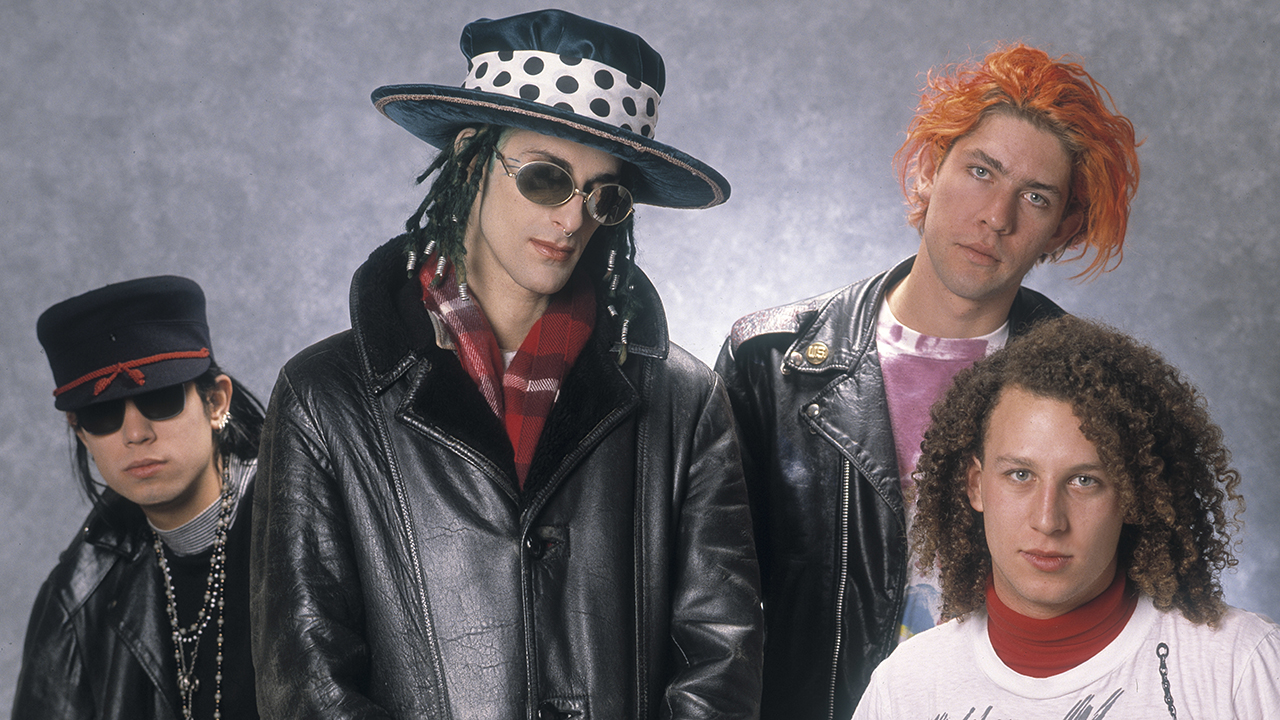You can trust Louder
If Zep, Purple, Sabbath and Uriah Heep were the four horsemen of the early-70s rock apocalypse, the latter were the knackered old nag struggling to keep pace with the rest. Allegedly.
Recently, Heep have enjoyed a critical rehabilitation, and it continues apace with this reissue series comprising the band’s first 16 albums, from 1970’s …Very ’Eavy …Very ’Umble to 1983’s Head First.
…Very ’Eavy… (5⁄10) may have been greeted on its release by a Rolling Stone reviewer threatening to commit suicide if the band made it big, but its blur of progressive blues and hard rock set the heavy tone. Salisbury (1971, 6⁄10) was more ambitious, taking a turn for the prog on Bird Of Prey, David Byron blueprinting the falsetto metal screech.
Look At Yourself (1971, 8⁄10) came with a mirror cover and a combination of quasi-metal power and organ-fuelled prog complexity. Selling three million worldwide, Demons And Wizards (1972, 9⁄10) was their commercial breakthrough, and for many, their creative high-water mark. It’s neck-and-neck in this respect with The Magician’s Birthday (1972, 9⁄10), complete, as per its predecessor, with a Roger Dean sleeve and concomitant sense of hard rock fantasia.
Sweet Freedom (1973, 7⁄10) was their first US release, and you can imagine its mix of pyrotechnics and boogie appealing to America’s heartland. Uriah Heep Live (1973, 6⁄10) captured their energy before an enthusiastic Birmingham crowd. Wonderworld (1974, 6⁄10) was more of the speed-rockin’ same, with choral vocals to offset the riffy dynamics. Return To Fantasy (1975, 7⁄10) was their biggest seller to date and featured new boy John Wetton, as well as a classic in the title track.
High And Mighty (1976, 4⁄10) was the last album to feature David Byron, signalling a shift towards the mundane and mainstream, Can’t Keep A Good Band Down striking a prophetic note. Firefly and Innocent Victim (both 1977, 6⁄10), with new vocalist John Lawton, proved the drop in quality wouldn’t be vertiginous, with a slew of catchy pop-rockers.
Fallen Angel (1978, 6⁄10) had a commercial sheen, as did Conquest (1980, 6⁄10), featuring John Sloman on vocals. Despised by some, it sounds in places like a metal Supertramp – which is not necessarily a bad thing.
Sign up below to get the latest from Classic Rock, plus exclusive special offers, direct to your inbox!
Abominog (1982, 7⁄10) found the band re-energised by the NWOBHM snapping at their heels. On Head First (1983, 5⁄10) they manfully adapted to the new AOR era, even if Equator (1985 – not part of this reissue programme) was an MTV-metal and power-ballad step too far. Still, there’s heaps of Heep to enjoy here.
Paul Lester is the editor of Record Collector. He began freelancing for Melody Maker in the late 80s, and was later made Features Editor. He was a member of the team that launched Uncut Magazine, where he became Deputy Editor. In 2006 he went freelance again and has written for The Guardian, The Times, the Sunday Times, the Telegraph, Classic Rock, Q and the Jewish Chronicle. He has also written books on Oasis, Blur, Pulp, Bjork, The Verve, Gang Of Four, Wire, Lady Gaga, Robbie Williams, the Spice Girls, and Pink.


